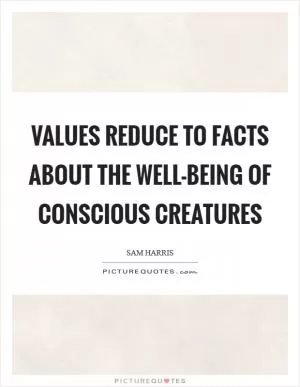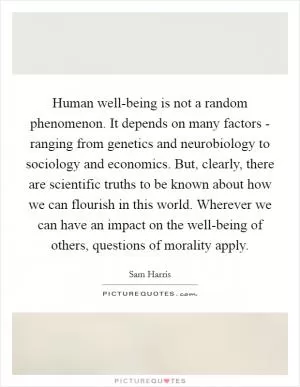We will embarrass our descendants, just as our ancestors embarrass us. This is moral progress

We will embarrass our descendants, just as our ancestors embarrass us. This is moral progress
Sam Harris, a prominent neuroscientist, philosopher, and author, has often explored the concept of moral progress in his work. One of his thought-provoking ideas is that as society evolves and progresses, our current actions and beliefs may be seen as embarrassing or even immoral by future generations. In other words, just as we are sometimes embarrassed by the actions and beliefs of our ancestors, our descendants may feel the same way about us. Harris argues that this is a sign of moral progress.Harris believes that as society becomes more enlightened and ethical, our understanding of what is right and wrong evolves. This means that behaviors and beliefs that were once considered acceptable may be viewed as abhorrent or embarrassing in the future. For example, our ancestors may have engaged in practices such as slavery, discrimination, or environmental destruction that we now find morally reprehensible. Similarly, our current actions, such as our treatment of animals, our attitudes towards gender and sexuality, or our impact on the environment, may be seen as unethical by future generations.
Harris argues that this process of moral progress is a positive development, as it reflects our growing awareness and empathy towards others. As we become more educated and enlightened, we are able to recognize and correct the injustices and inequalities that exist in society. This means that our descendants may look back on our actions and beliefs with a critical eye, just as we do with our ancestors. However, this is a necessary part of the evolution of society towards a more just and compassionate world.












 Friendship Quotes
Friendship Quotes Love Quotes
Love Quotes Life Quotes
Life Quotes Funny Quotes
Funny Quotes Motivational Quotes
Motivational Quotes Inspirational Quotes
Inspirational Quotes